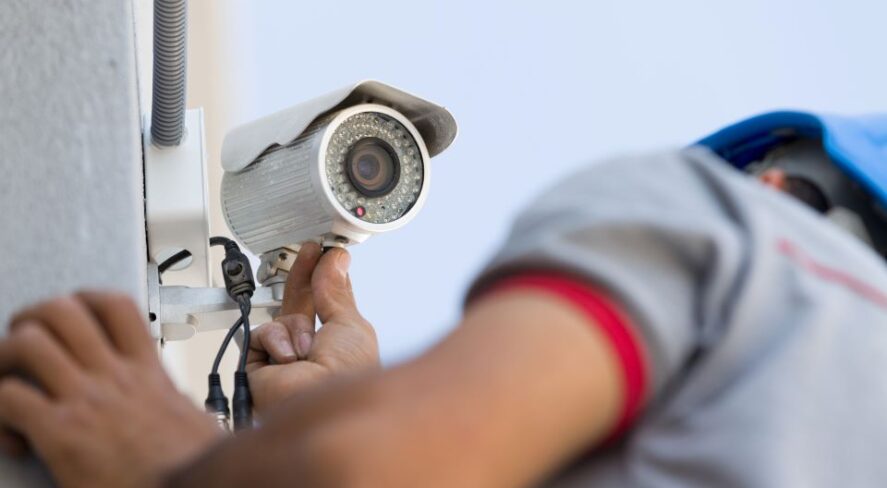What Minnesota’s Right to Repair Law Means for Security Products and Manufacturers

On May 24, 2023, Minnesota Gov. Tim Walz signed into law an omnibus appropriations bill which includes a comprehensive right to repair law that will go into effect on July 1, 2024. To date, Minnesota is only the second state in the county to adopt a right to repair law broadly covering electronic devices, following New York earlier this year. Two other states, Colorado and Massachusetts, have adopted right to repair laws specific to agricultural equipment and motor vehicles, neither of which are generally applicable to the security industry or electronic devices.
While Minnesota’s right to repair law is broader than any other state so far, the scope was narrowed significantly throughout the legislative process. As finalized, the right to repair provisions do not require a manufacturer to make available documentation, tools or parts that 1) would disable or override antitheft security measures, 2) could reasonably be used to compromise cybersecurity, 3) would provide third-party access to trade secret or personally identifiable information or 4) pertain to any equipment used in work that could be performed under relevant licensure.
Additionally, the bill also exempts any information technology equipment that is intended for use in critical infrastructure as defined by the federal Critical Infrastructures Protection Act of 2001. Critical infrastructure, as defined in the act and by the U.S. Department of Homeland Security, is divided into 16 sectors whose assets, whether physical or virtual, are considered vital to the United States, with each having several further defined segments.
Taken together, these provisions shield security industry products and manufacturers from the new requirements. As originally introduced, the legislation had lacked any relevant exclusions, which could put the integrity of security and life safety systems and the lives of those who depend on them at risk by making sensitive technical information and other means of compromising systems broadly available.
While we understand the intent of right to repair laws and believe it is important to consider new ways of reducing consumer electronic waste, it is important that the only two states to have adopted right to repair laws for electronic products have both provided exemptions and provisions which protect the integrity of the products and services our industry provides. Policymakers have so far acknowledged that far beyond fixing broken smartphones, such legislation has the potential to create real risks to consumers if applied too broadly, and we hope these concerns will continue to be taken seriously.
SIA will continue to work with industry leaders, allied organizations and lawmakers across the country to help avoid unnecessary risks to public safety posed by right to repair proposals that do not adequately address these concerns.
